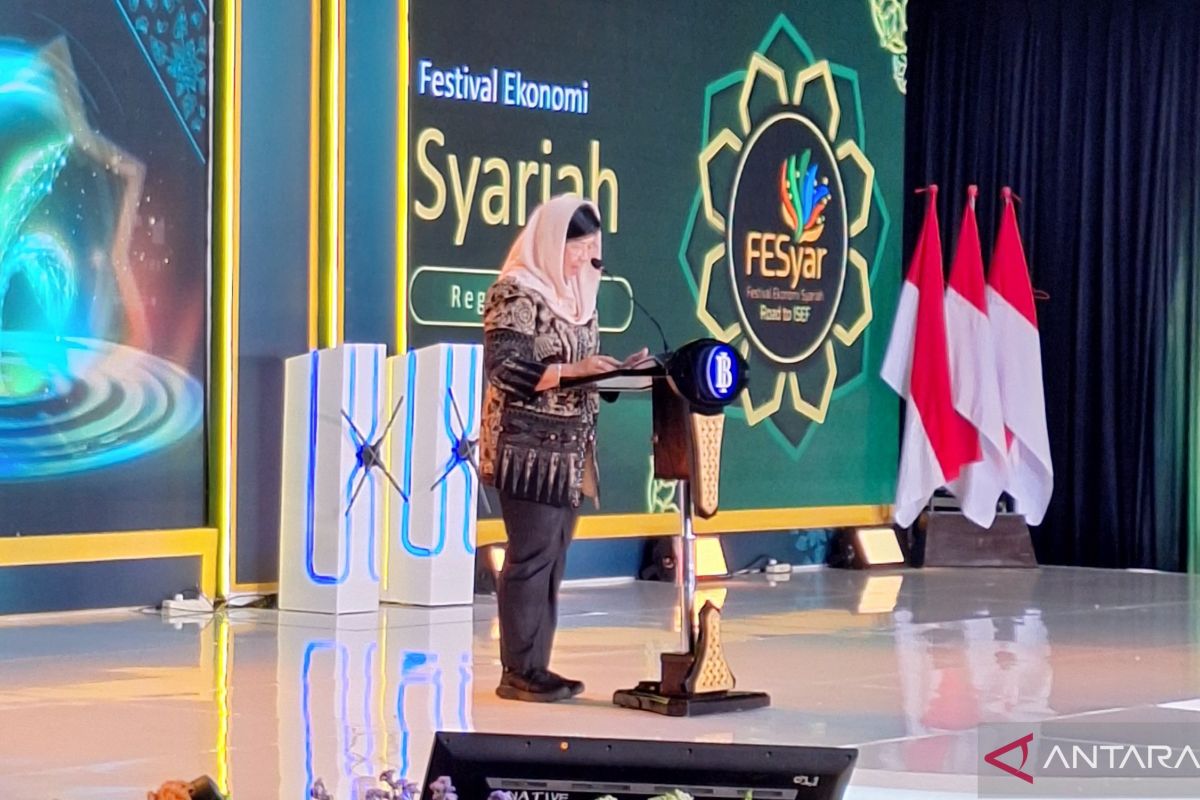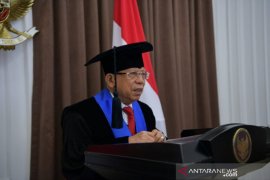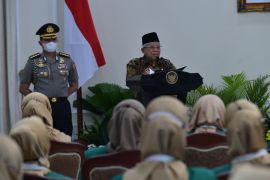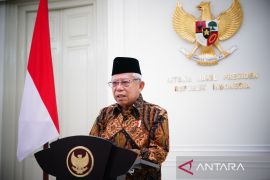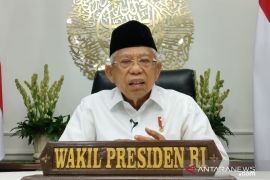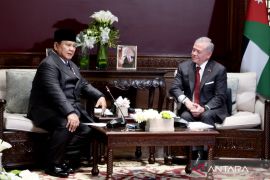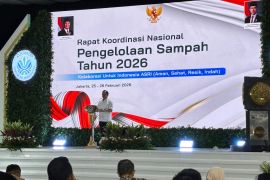"I see this as an extraordinary potential, and we also see how the development of sharia economy will play an important role in the transformation of the world economy as well as in Indonesia because it not only offers aspects of growth or profit but also sees its meaningful impact," she remarked here on Friday at the opening of the Road to Indonesia Sharia Economic Festival 2025.
Damayanti remarked that sharia economics and finance have the advantage of being resilient in the midst of a crisis, as they were supported by a solid, inclusive, sustainable business model and have an impact on people's welfare.
She noted that the characteristics of the sharia business model could be used to overcome the main problems facing the world today, including economic inequality, climate change or environmental issues, and economic instability.
"(We are thinking about) how growth must be inclusive, must be felt by all people, must be aimed at welfare, and how it can be sustainable by promoting the green and blue economy," she remarked.
Especially during the global financial crisis in 2008 and the monetary crisis in Indonesia in 1997 and 1998, she highlighted that sharia-based financial institutions had proven to be relatively stronger than conventional institutions, as they have underlying assets.
The development of sharia economics and finance in the future was important along with the ascending trend of a sharia-compliant lifestyle, she emphasized.
Based on the State of the Global Islamic Economy (SGIE) Report for 2023-2024, spending related to the consumption of food, fashion, and sharia-compliant travel continues to increase from USD2.29 trillion and is expected to continue to increase to more than USD3 trillion in 2027.
Indonesia, with most of its population being Muslims, has huge potential for sharia economic and financial growth.
The potential of sharia economy and finance is also supported by the increasing trend of digitalization, and 73 percent of Indonesia's population are youngsters, who are digitally savvy or keep abreast of the digital world.
"This digitalization will certainly encourage the acceleration and development of sharia economics starting from banking services, investment, e-commerce to zakat, infaq, and alms--all activities we can easily do from our mobile phone," Damayanti stated.
Related news: Well-managed Islamic social funds can help alleviate poverty: VP Amin
Related news: Indonesian ministers push for stronger Islamic finance body
Translator: Martha Herlinawati Simanjuntak, Yashinta Difa
Editor: Rahmad Nasution
Copyright © ANTARA 2024
